The 25th Anniversary Four Corners Meeting of the American Physical Society
October 14-15, 2022 at the University of New Mexico
Physics & Astronomy and Interdisciplinary Science Building
210 Yale Blvd NE
Albuquerque NM 87106
Banquet Speaker
Sara Kendrew
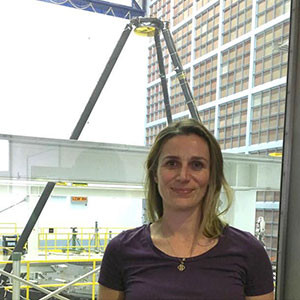 Instrument & Calibration Scientist with the European Space Agency at the Space Telescope Science Institute
Instrument & Calibration Scientist with the European Space Agency at the Space Telescope Science Institute
Highlights from James Webb Space Telescope Commissioning and Early Science
Since the launch of James Webb Space Telescope on December 25th 2021, we have witnessed the start of a new era in observational astronomy. After decades of development, JWST is finally in space, opening a new window on the Universe in the infrared. Operating at L2, JWST provides continuous spectral coverage from 0.6 to 28.5 micron with a rich suite of instrumentation, in a stable cold temperature environment. During the 6-month commissioning period, the observatory was successfully deployed and, following meticulously planned and much rehearsed procedures, the segmented telescope was phased, aligned and focused. During the final 2 months of commissioning the 4 science instruments - NIRCam, NIRISS, NIRSpec and MIRI - were fully checked out and readied for the start of the observatory’s exciting science mission - culminating in the release of a first set of science images, the Early Release Observations. I will present some highlights of the commissioning program and first exciting science results from JWST.
Plenary Speakers
Department of Physics and Astronomy
University of New Mexico
Oh, the things we’ve seen! An unexpected journey through NASA’s TESS mission
Department of Physics and Astronomy
University of New Mexico
Circumventing the Diffraction Limit to Observe Nanoscale Protein Interactions
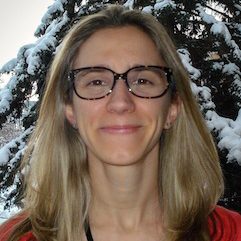 Maria J Rodriguez
Maria J Rodriguez
Department of Physics and Astronomy
Utah State University
Black Holes, the invisible secrets of our Universe
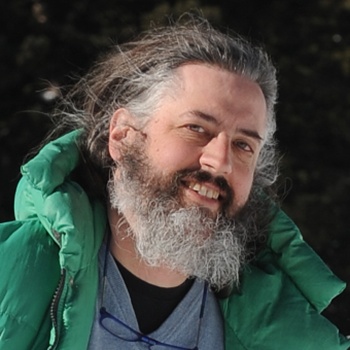 Richard Sonnenfeld
Richard Sonnenfeld
Langmuir Laboratory for Atmospheric Research, New Mexico Tech
Lightning interferometry and Wind Energy
Parallel Session Invited Speakers
- Francis-Yan Cyr-Racine, University of New Mexico
- Tara Drake, University of New Mexico
- John Gibbs, Northern Arizona University
- Natalie Gosnell, Colorado College
- Michael Litos, University of Colorado Boulder
- Nuris Morales, University of Colorado Boulder
- Eric Montoya, University of Utah
- Michael Paolone, New Mexico State University
- Mousumi Roy, University of New Mexico
- Arunima Singh, Arizona State University
- Meenakshi Singh, Colorado School of Mines
- Denise Stephens, Brigham Young University
- Bethany Wilcox, University of Colorado Boulder
Harry Lustig Award Finalists
- Gurjyot Sethi, University of Utah
- Mallory Harris, University of New Mexico
- Yaroslav Balytskyi, University of Colorado; Colorado Springs
Program
Click the session name to attend the event via Zoom. The password for all events is 4CRS
| Friday 10/14 | ||
| 7:15 am | - | Light Breakfast |
| 8:15 am | - | Opening |
| 8:30 am | - | Plenary I
|
| 10:00 am | - | Parallel Sessions |
| 1:00 pm | - | Plenary II
|
| 2:30pm | - | Parallel Sessions |
| 4:00 pm | - | Posters |
| 6:00 pm | - | Banquet |
| Saturday 10/15 | ||
| 7:15 am | - | Light Breakfast |
| 8:30 am | - | Parallel Sessions |
| 10:45 am | - | Lustig Awards
|
| 1:00 pm | - | Parallel Sessions |
| 3:15 pm | - | Plenary III
|
| 4:45 pm | - | Awards |
Cost
- Registration fee: $120
- Student rate: $70
Registration Deadlines
- Registration Ends: Tuesday, October 4, 2022 at 5 pm MDT
- Cancellation with refund deadline: Tuesday, October 4, 2022
Abstract Submission Deadlines
- Withdrawal deadline: Friday, October 7, 2022
Note:
- Generally, we will accept all abstracts
- Each attendee can contribute one talk, or one poster, or both
- Contributed talks are for a duration of 10 minutes, with 2 additional minutes for questions
- Set up your posters for portrait mode. We suggest 30 inches wide by 40 inches tall
Registration Now Open
Three steps to register:
1) Abstract Submission
1300 character limit (2000 character limit for invited talks)
Now go on to step 2
2) Register for Conference
Four Corners Section Meeting Registration Form
Please go on to step 3, where we are collecting banquet information separately
3) Register for Banquet
One banquet meal is included with each conference registration fee. You may purchase additional banquet tickets at $26 apiece when you register
We are collecting each attendee's choice of meal for the banquet. Please indicate if you have allergies or dietary restrictions.
If you are bringing guest(s), please fill out the form for each person
Student Registration Fee Waiver Request
Student registration fee waiver formStudent Travel Scholarship
4CS 2022 Student Travel Grant Application (due Friday, Sept. 23)
Frequently Asked Questions
Do I have to be an APS member to register?
No, but you must have an APS account to register.
- If you have previously been a member, you can login with your member ID and password, or create a new password if you have forgotten your old one.
- If you are new, you can create an APS account for free.
Do I have to be an APS member in order to submit an abstract?
No, but you must have an APS account to submit an abstract.
- If you have previously been a member, you can login with your member ID and password, or create a new password if you have forgotten your old one.
- If you are new, you can create an APS account for free.
Do I have to be an APS member to apply for the student travel grant?
Yes. If you want to apply for the student travel grant, you must be an APS member
Live Streaming Accessibility
Zoom links will be made available for live streaming of the banquet and all plenary sessions
Topics
- Acoustics
- Astronomy
- Astrophysics
- Atmospheric Physics/Geophysics
- Atomic, Molecular and Optical Physics
- Biophysics and Soft Condensed Matter
- Computational Physics
- Condensed Matter Physics
- Gravitation/Cosmology
- General Physics and Foundations of Physics
- Industrial and Applied Physics
- Materials
- Neutrinos
- Nuclear Physics
- Particle Physics
- Physics Education
- Plasma Physics/Fluid Dynamics
- Quantum Information
Hotels
There is no official conference hotel. Feel from to choose from options ranging from luxury boutique ( Hotel Albuquerque at Old Town, Hotel Andaluz, Hotel Chaco, Hotel Parq Central) to basic lodging
Transportation
Albuquerque's public bus system is free. ABQ Rapid Transit runs up and down Central Avenue and arrives every ten minutes during service hours, 5:30 am to 10 pm.
Information for Families
Visiting with children? Check out the UNM Duckpond, Zimmerman Library's Dominguez plaza (a shady courtyard with a burbling fountain just south of the main library), or Biology's Castetter Hall greenhouse. Here's a video that showcases these pretty places on campus.
A meeting room is available for parents attending the conference with children in tow. Contact the 4-corners executive committee chair for more information, ( 4cschair@gmail.com).
PAÍS room 2249 is a dedicated lactation room.
Off campus there are numerous parks and family-friendly options. Try Explora, the Children's Science Museum, the Natural History Museum, the BioPark ( Zoo, Aquarium, and Gardens), or Urban Air. A fun day trip could be taking the Rail Runner train to Santa Fe to visit Meow Wolf.
About the Four Corners Section
The Four Corners Section, established in 1997, has a strong commitment to support the work of physics students and to give them opportunities to present their research and to meet physicists in our region. To that end, we offer small, regional meetings of limited expense and activities that can reach more APS members and potential members, including students and industry physicists.
Geographically the Four Corners Section includes the states of Arizona, Colorado, New Mexico, and Utah. Four Corners is the point of orthogonal intersection of the borders of these four states, the only point common to four states in the United States.
Section meetings will unite participants from colleges, universities, industry, and government laboratories. In addition, the section will contribute to greater awareness of regional activities in physics through its website and provide programs for public outreach.
-- From the APS Physics website
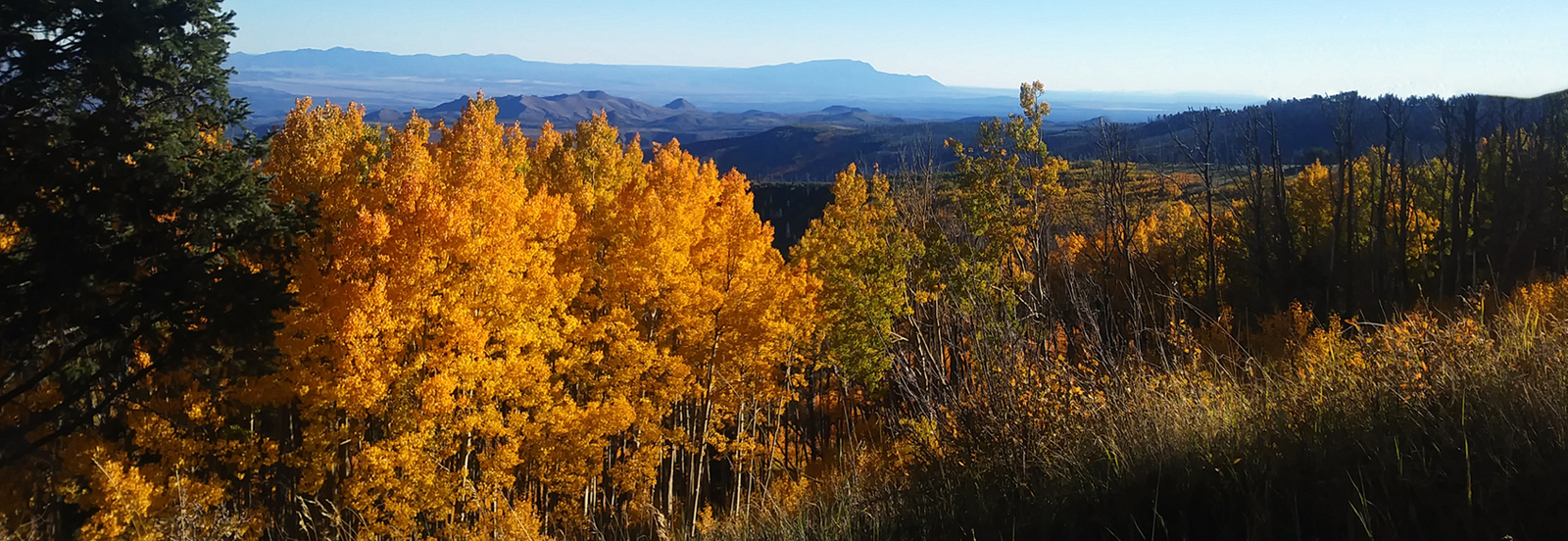
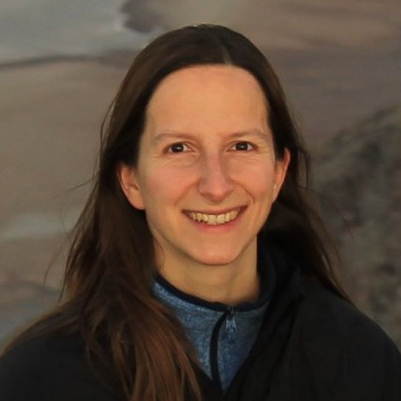
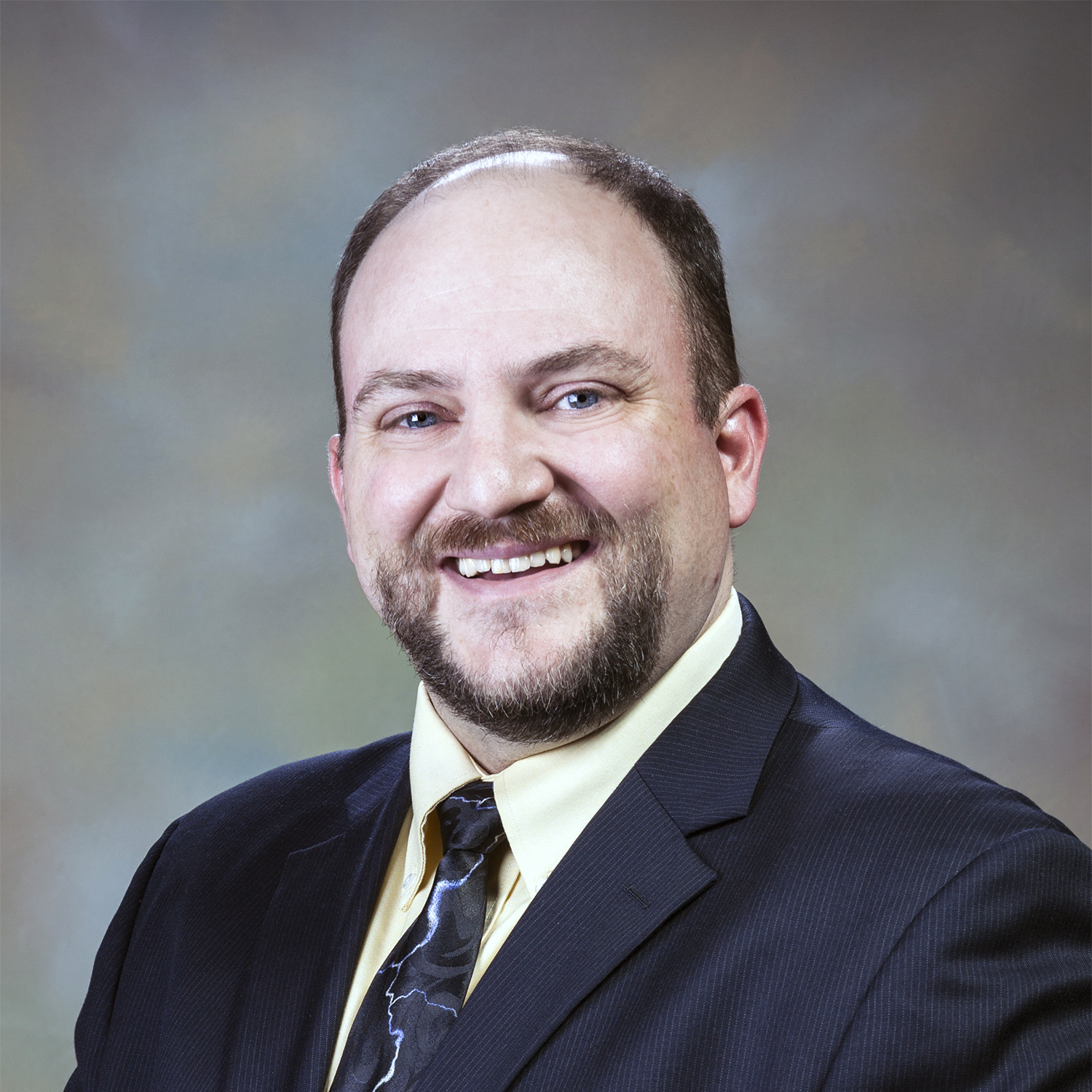
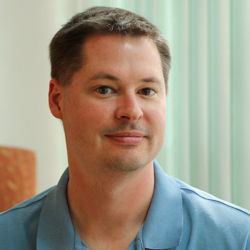 Keith Lidke
Keith Lidke 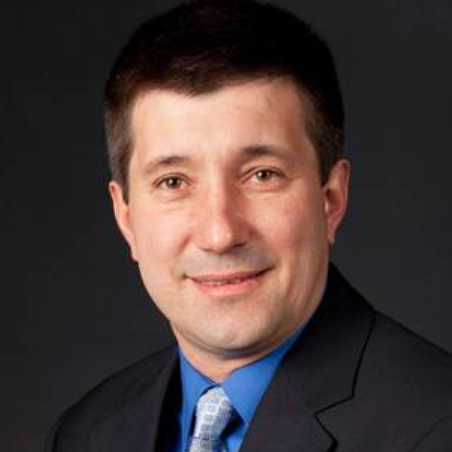
 Dylan Yost
Dylan Yost 